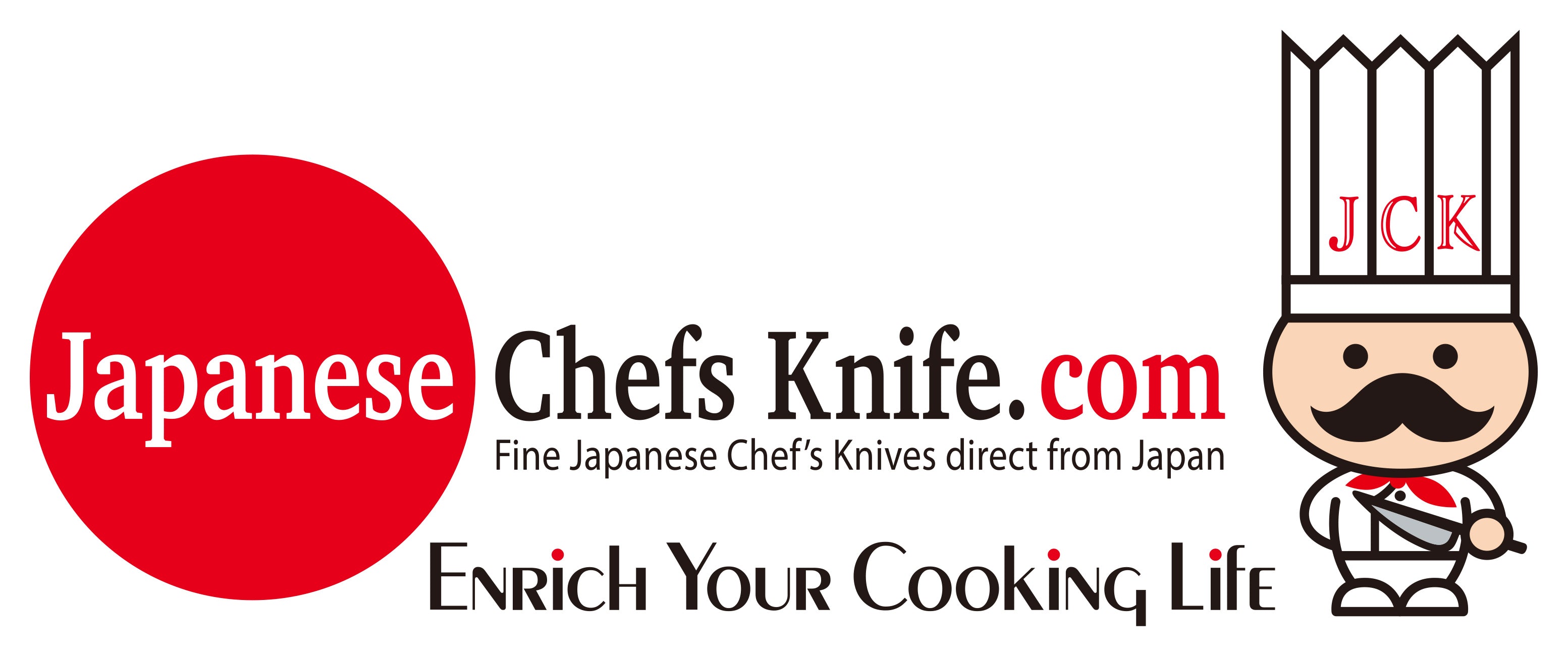We Offer DHL EXPRESS Flat Rate Shipping Worldwide. Just $10 USD for US, Canada, Australia, Asian countries. US$15 for Europe and other Countries in the world
We Offer DHL EXPRESS Flat Rate Shipping Worldwide. Just $10 USD for US, Canada, Australia, Asian countries. US$15 for Europe and other Countries in the world
Some of our loyal, longtime customers may remember the first knife models produced for our "Fu-Rin-Ka-Zan" (風林火山) Brand, which were hammer forged and handmade by the Forge Smith Teruyasu Fujiwara in the year 2012. Since then, we have concentrated on expanding the selection of Japanese "Wa" style Traditional forged knives (和風打刃物) that are available in our Fu-Rin-Ka-Zan range. Today, we are glad to be reviving the Fu-Rin-Ka-Zan White Steel No.1 Knife Series with the introduction of some new models.
To produce these 風林火山 White Steel No.1 Series 'revival knives', we have once again worked with Master Blacksmith Teruyasu Fujiwara, who is a Licensed Sword Smith based in Tokyo. For over 4 generations, the Fujiwara family has maintained their traditional blade smithing techniques and processes, such as the Hidukuri (火造り) hot forging technique. 4th generation smith, Teruyasu Fujiwara, has a strong passion for traditional knives and produces them with great confidence. His desire is to make heirloom-quality knives that can be passed down for generations, allowing many people to experience and enjoy their exceptional cutting performance and the soul of traditional Japanese craftsmanship.
The blade’s core is made from a very pure Japanese Carbon steel called “White Steel No.1" (SHIROGAMI #1) and is hardened to HRc. 63. This core has been forge-welded (Tan-setsu) with outer layers of soft stainless steel that have a unique surface texture, called "NASHIJI" in Japanese ("Pear skin"). We have found there is a fairly big demand for Carbon steel blades, especially from professionals and serious users; Many of these customers prefer very pure "White Steel" blades over other carbon steels because it offers remarkable cutting performance and is easy to re-sharpen. Unlike the stamped, die-cut or laser-cut blades of machine-made production knives, these hand forged blades are shaped with a hot forging process called “Hidukuri”. This technique utilizes repeated hammer blows to improve the micro-structure of the Hagane ("Edge steel"), by making it finer and tougher. This secret is why forged knives have better edge durability and sharpness than production knives. For ease of maintenance, the outer layers of soft Stainless Steel provide good rust resistance (Only the blade core is likely to discolor or rust) and also increased resistance to bending and breaking.
The light-weight handle is made from water-resistant Black Pakka Wood and the blade Tang is Taper Ground. The handle is slimmer than most Western-style handles that have a metal bolster, but it still provides a fine grip and is well balanced.
These knives clearly show Master Fujiwara’s long history and experience with traditional forging techniques and processes, yet we think they will also meet the needs and demands of contemporary users. We especially recommend these fine traditional forged knives to people who appreciate or need extra cutting performance and people who would like to own a knife that displays the soul of craftsmanship.
Each knife is fully sharpened with whetstones by hand, now available and ready to perform your cutting tasks.
The Bunka is a general-purpose kitchen knife that used to be just as popular as the Santoku, but has become less commonplace in recent years. With its tall blade, the Bunka knife is particularly suitable for cutting vegetables or fruit and the triangular tip area is particularly useful for detailed work and cutting fish or meat.
Notice: Due to the hand forging process, the thickness of each blade will vary slightly. Compared with other knives, the portion of spine near the handle is relatively thick, but it consistently tapers towards the tip and provides great cutting performance.
Knife Model: Fu-Rin-Ka-Zan White Steel No.1 Series Bunka
Blade Material: White Steel No.1 with Stainless Steel Cladding
Rockwell Hardness (HRc): 63
Blade Grind and Edge Shape: Double Bevel Edge 50/50
Handle Material: Black Pakka Wood Handle
Saya Included: No.
| Bunka 180mm (7") |

This knife comes with 50/50 double bevel edge geometry for both right-handed and left-handed use.
Please Note: In general, Japanese Kitchen Knives are designed for right hand use and their blades have a relatively strong convex grind on the right-hand side and relatively weak convex grind (almost straight) on the left-hand side. However, double bevel edge knives with a 50/50 grind can be used by both right-handed and left-handed people without any problems.
We believe that Japanese knives have the best quality and cutting performance in the world, and we hope that you will enjoy the fine craftsmanship and sharp edge of your new knife. With proper care, your new Japanese knife will be your faithful cooking partner for many years to come.
Important
The Carbon Steel blade core of this kitchen knife can discolor or rust easily. Consequently, extra care and attention are required to prevent it from rusting.
